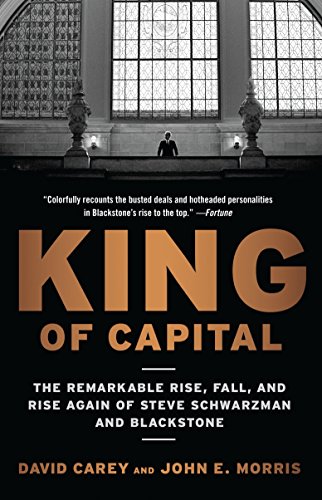
1
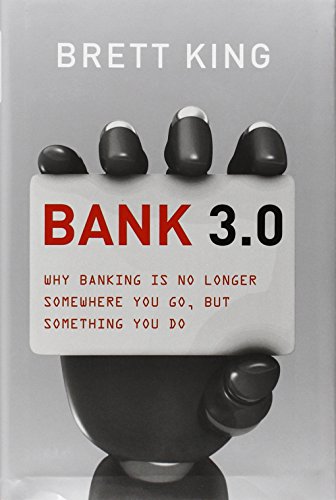
2
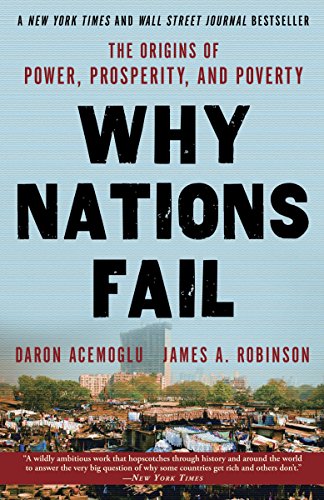
3
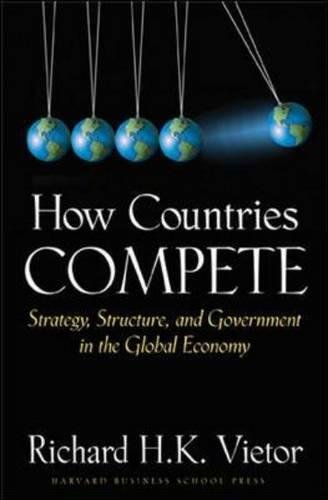
4
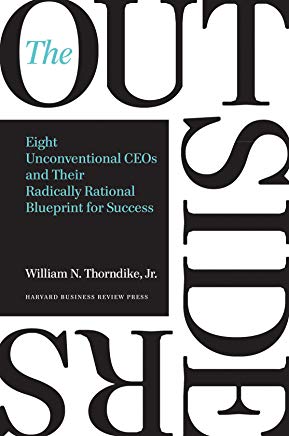
5
“Successful investment requires an understanding of how the global financial market is set up and the factors that impact the capitalization of companies. The list of books below will aid both newcomers to investing and seasoned investors looking to make more efficient business decisions.”—Gaukhar Nurgalieva, head of the Eurasian Studies Lab at the SKOLKOVO Institute for Emerging Market Studies (IEMS) and expert mentor for the HKUST-SKOLKOVO Executive MBA for Eurasia Programme. Gaukhar possesses extensive knowledge of not only finance but books as well. She was formely adviser to the Minister of the Eurasian Economic Commission in addition to founding Bookmark book stores.
1
A book about the history of the Blackstone Group, one of the largest Wall Street investment firms. It presents a real tutorial on direct investment as well as the fascinating biography of Blackstone Group founder Stephen Schwarzman. Even if you're not engaged in finance, it's an interesting read about a strong and polarizing personality with an unrelenting will to win.
2
Technology has radically revolutionized telecommunications, and this book speaks to the immense and irreversible changes that are expected to soon take place in the financial sector. King's perspective is trustworthy – he is the founder of Movenbank online bank. The largest financial institutions ask for his advice on implementing new technologies. The book inspired me to take a deeper look into the subject and ultimately invest in a FinTech company.
3
This book explains why some countries are rich and some countries are poor. Its authors argue that the only way to guarantee a prosperous society is through the development of democratic institutions, which demand the participation of the entire society, the rule of law and steadfast property rights. However, democratic reform is not a quick-fix – it took 80 years to yield a meaningful result in France following the revolution of 1789.
4
This book will come in handy for anyone interested in public administration and investment. Richard Vietor, a Harvard Business School professor, analyzes how countries compete for export markets and foreign investments. He gives facts and figures to illustrate the socio-economic development strategies of different nations. The book presents examples of public administrations and development institutions in Japan, Singapore, Mexico, Saudi Arabia, the BRICS countries and South Africa.
5
When thinking about investing, it’s an automatic first step to analyze the formulas of successful companies. This book contains the stories of eight effective CEOs. Their names may not be well-known, but the growth rates of their companies outperform the S&P 500 average several times over. This is a selection of case studies that show how to effectively manage a business. For example, it makes clear why capital allocation is one of the main decisions made by a CEO, and how it enables active growth and company value appreciation even with modest short-term and medium-term profit margins.

1
A book about the history of the Blackstone Group, one of the largest Wall Street investment firms. It presents a real tutorial on direct investment as well as the fascinating biography of Blackstone Group founder Stephen Schwarzman. Even if you're not engaged in finance, it's an interesting read about a strong and polarizing personality with an unrelenting will to win.

2
Technology has radically revolutionized telecommunications, and this book speaks to the immense and irreversible changes that are expected to soon take place in the financial sector. King's perspective is trustworthy – he is the founder of Movenbank online bank. The largest financial institutions ask for his advice on implementing new technologies. The book inspired me to take a deeper look into the subject and ultimately invest in a FinTech company.

3
This book explains why some countries are rich and some countries are poor. Its authors argue that the only way to guarantee a prosperous society is through the development of democratic institutions, which demand the participation of the entire society, the rule of law and steadfast property rights. However, democratic reform is not a quick-fix – it took 80 years to yield a meaningful result in France following the revolution of 1789.

4
This book will come in handy for anyone interested in public administration and investment. Richard Vietor, a Harvard Business School professor, analyzes how countries compete for export markets and foreign investments. He gives facts and figures to illustrate the socio-economic development strategies of different nations. The book presents examples of public administrations and development institutions in Japan, Singapore, Mexico, Saudi Arabia, the BRICS countries and South Africa.

5
When thinking about investing, it’s an automatic first step to analyze the formulas of successful companies. This book contains the stories of eight effective CEOs. Their names may not be well-known, but the growth rates of their companies outperform the S&P 500 average several times over. This is a selection of case studies that show how to effectively manage a business. For example, it makes clear why capital allocation is one of the main decisions made by a CEO, and how it enables active growth and company value appreciation even with modest short-term and medium-term profit margins.
© Five Books 2026